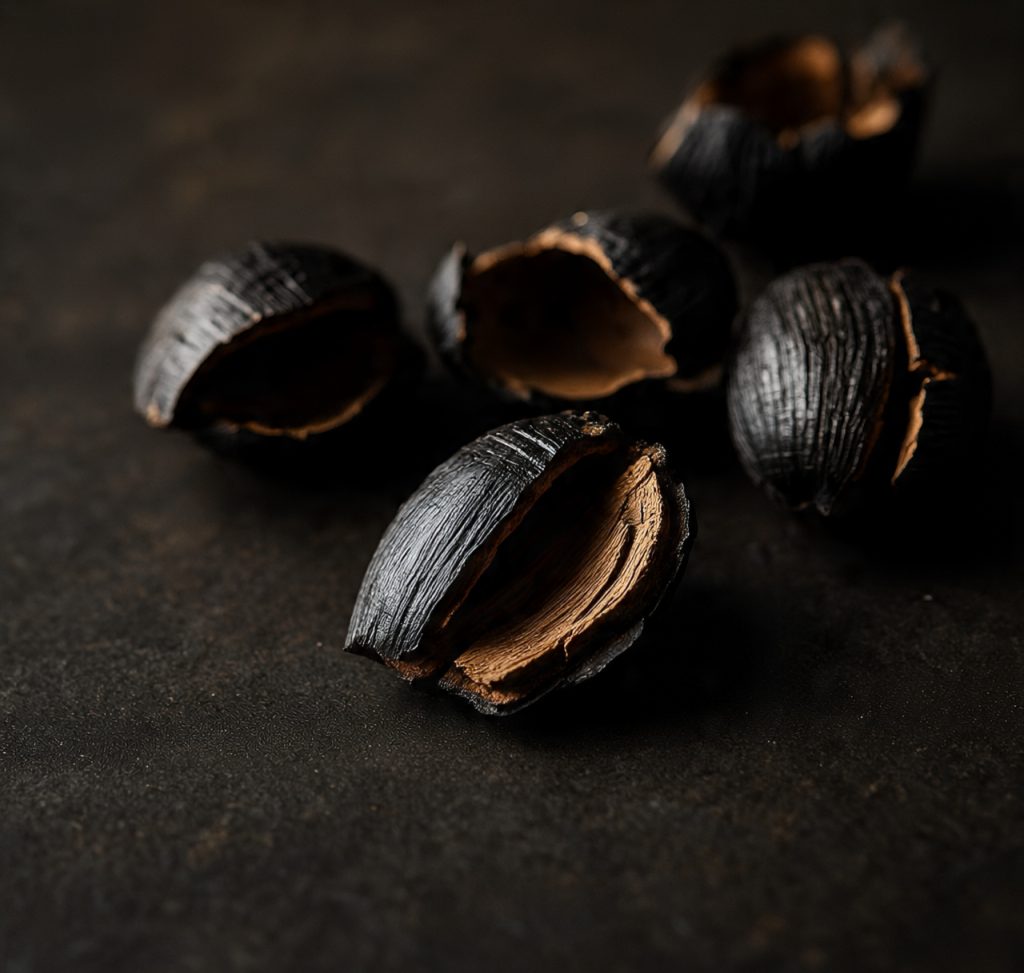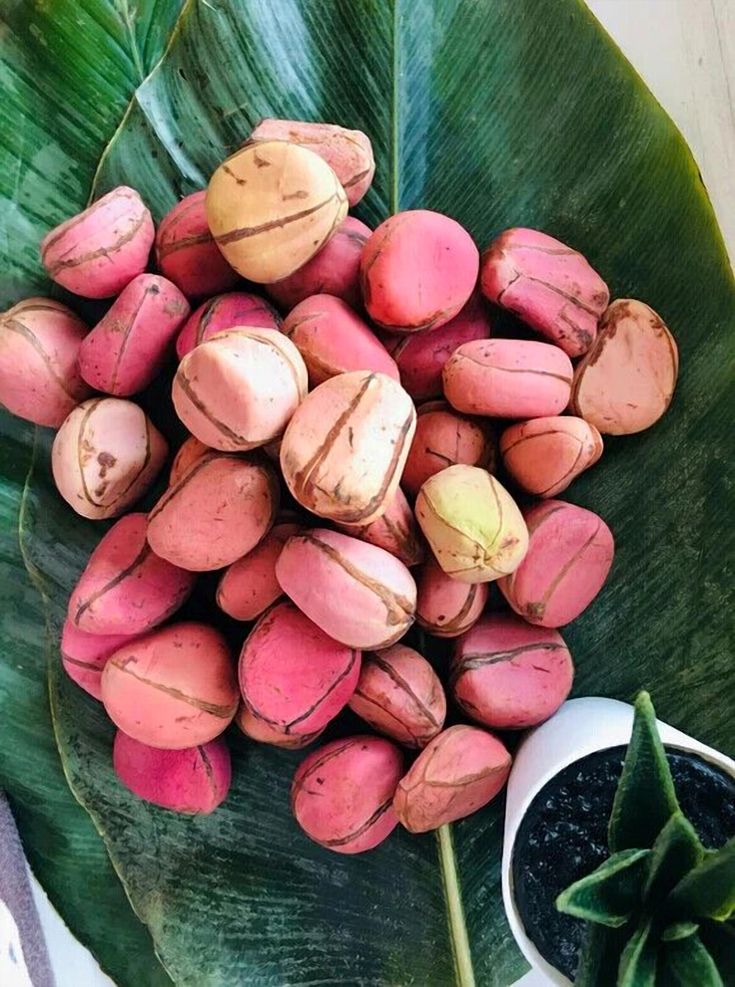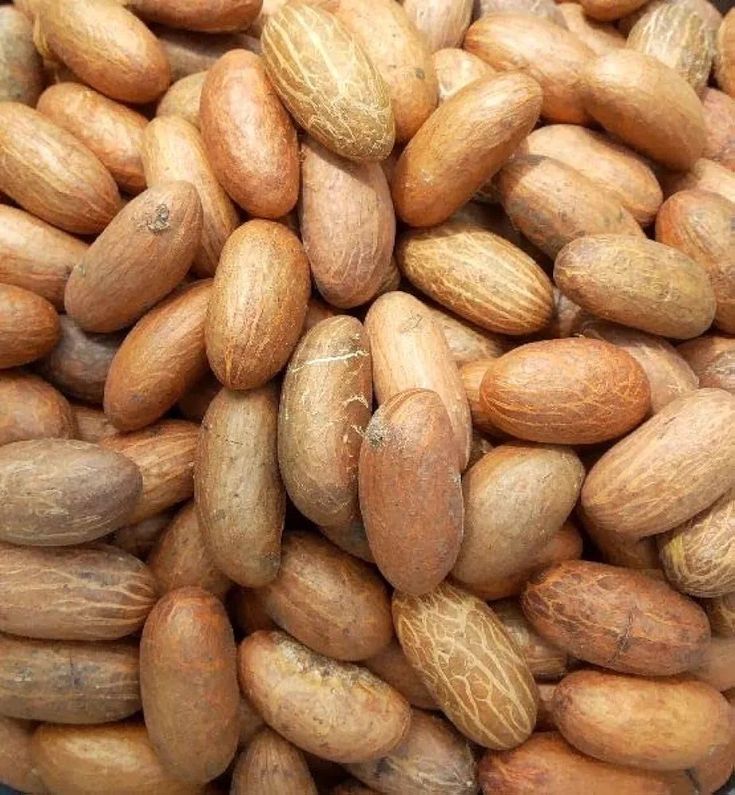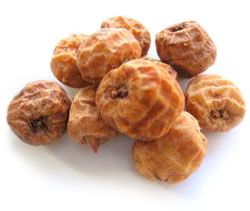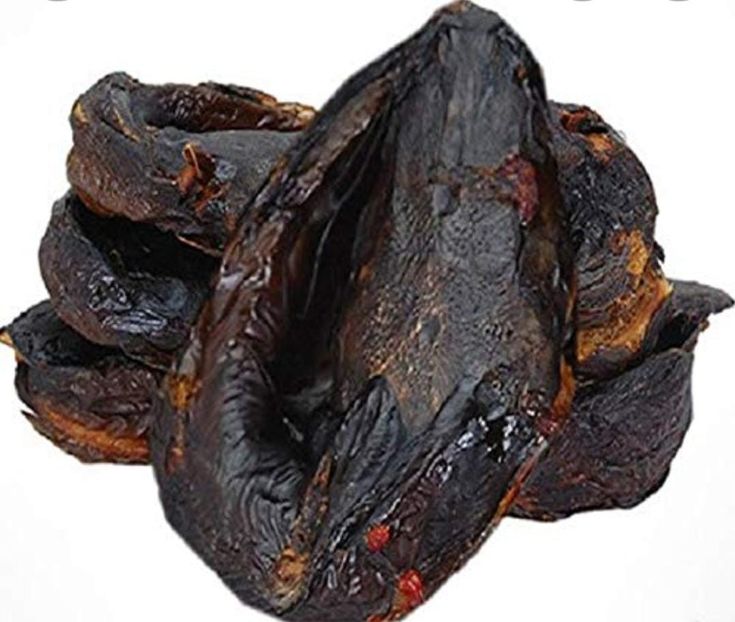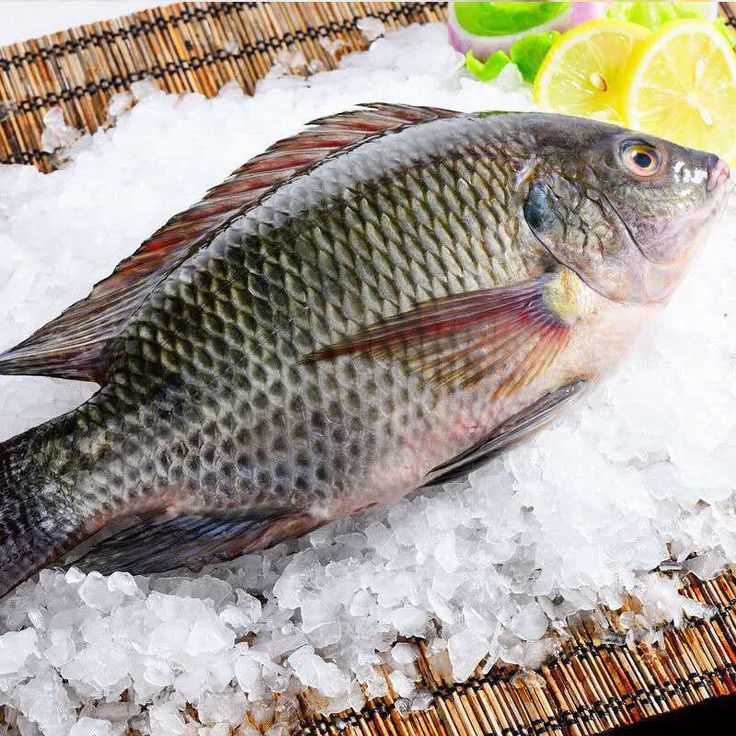What It Is
Palm Kernel Shell Charcoal is a type of biochar produced by the carbonization of palm kernel shells — a byproduct of palm oil processing. This form of charcoal is highly efficient, dense, and rich in carbon content. It is gaining global relevance due to its eco-friendly sourcing and application in various energy and industrial sectors.
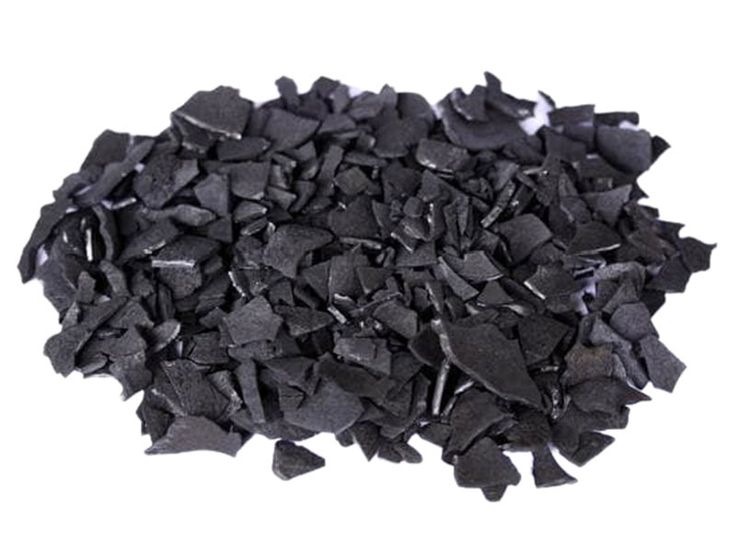
Uses
-
Energy Production: Used as an alternative to coal in power plants and industrial boilers.
-
Metallurgical Industry: Employed in smelting and metal fabrication for its high heat output.
-
Barbecue Fuel: Preferred for smokeless and long-lasting heat in BBQs.
-
Agriculture: Processed into biochar for improving soil fertility and carbon sequestration.
-
Activated Carbon Production: Converted into activated charcoal used in water purification and air filtration.
Export Market Demand
Palm Kernel Shell Charcoal is in high demand in Europe, Asia (especially India, China, and South Korea), and parts of the Middle East due to:
-
The global shift toward renewable and sustainable energy sources
-
Government restrictions on coal and deforestation
-
The need for carbon-efficient fuels in industrial processes
Export Form
-
Form: Crushed or lump charcoal
-
Moisture Content: Max. 10%
-
Ash Content: Max. 5%
-
Fixed Carbon: 75–85%
-
Volatile Matter: Max. 15%
-
Calorific Value: 6,800–7,500 kcal/kg
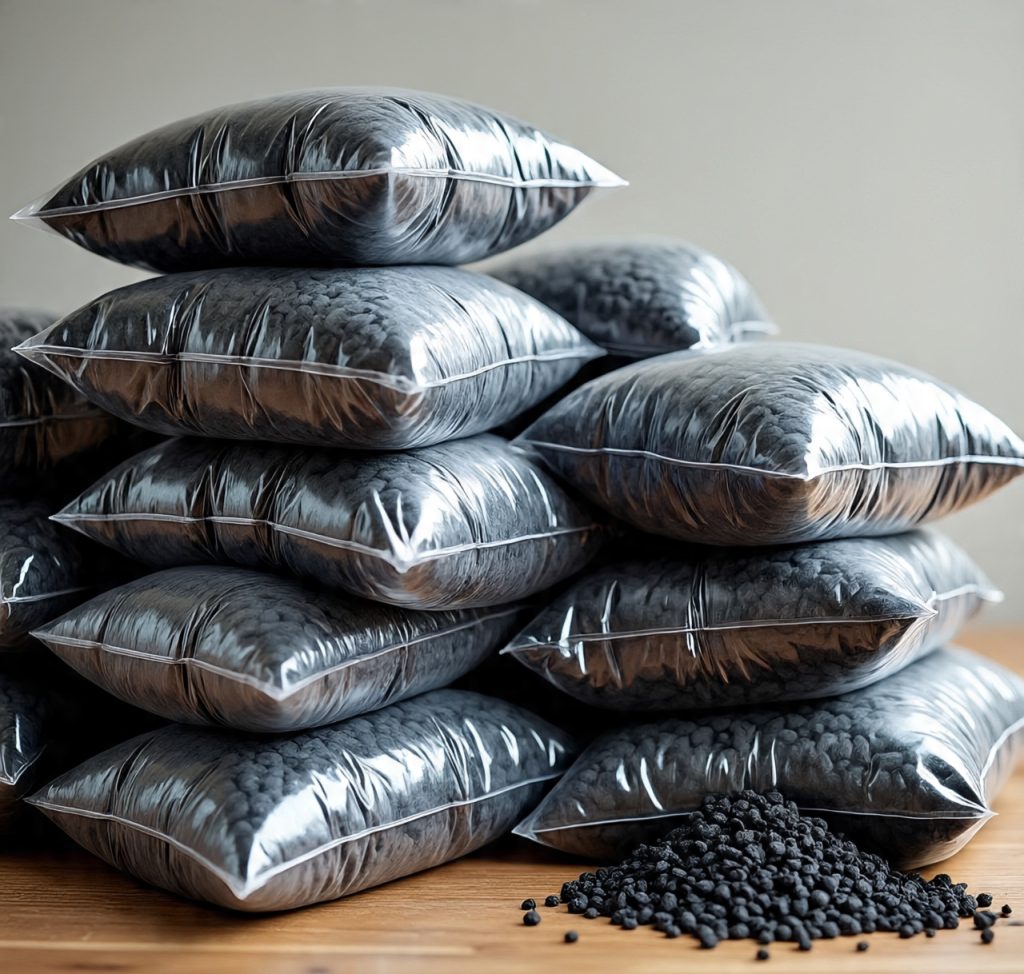
Packaging
-
Bags: 25 kg or 50 kg PP bags, or jumbo bags
-
Shipping: In 20ft containers; approximately 20–23 MT per container
-
Labeling: As per buyer’s specifications or international standard
HS Code
-
440290 – Other Charcoal (including Palm Kernel Shell Charcoal)
Why Export Palm Kernel Shell Charcoal
-
Sustainable Sourcing: Made from agricultural waste, not trees
-
Cost-Effective: Lower production cost compared to wood charcoal
-
Global Market Growth: Increasing demand in clean and renewable energy sectors
-
Value Addition: Enhances Nigeria’s export portfolio in eco-friendly commodities

